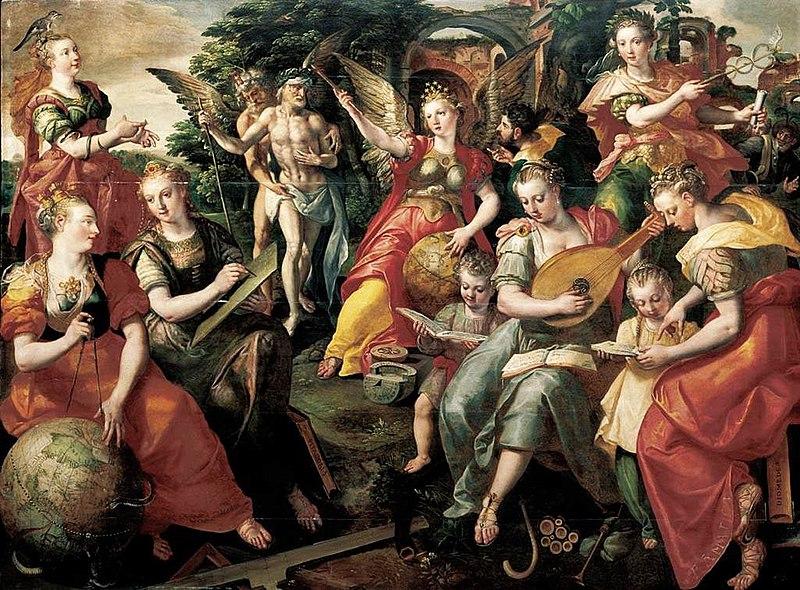The politics of knowledge from the late Renaissance to the early Enlightenment

The origins of the modern world can, and should, be traced to many different periods and places of human history. But the period between the late Renaissance and the early Enlightenment in Europe –what might be called the ‘long’ seventeenth century, between about 1575 and about 1725 –has a particular claim to the attention of those interested in the intellectual developments that made possible both the systematic investigation of culture, society, and belief, and also modern science and technology.
This paper provides an opportunity to study some of the most important of these intellectual developments. The acquisition of knowledge in this period was often a highly controversial affair. Discoveries and innovations in one sphere–such as astronomy, for instance –often had important repercussions in others, as contemporary critics were sometimes quick to point out. Knowledge in this period therefore has an intellectual politics that is distinct both from the political history of the period, and also from developments in the history of political thought (both of which are well covered in other papers in the Tripos). The purpose of this paper is to explore this ‘politics of knowledge’: partly through the study of certain important general themes, and partly through a selection of key primary texts –and attacks upon them.
Image: Painting by Maerten de Vos, ‘Allegory of the Seven Liberal Arts’ (1590)
This material is intended for current students but will be interesting to prospective students. It is indicative only.
